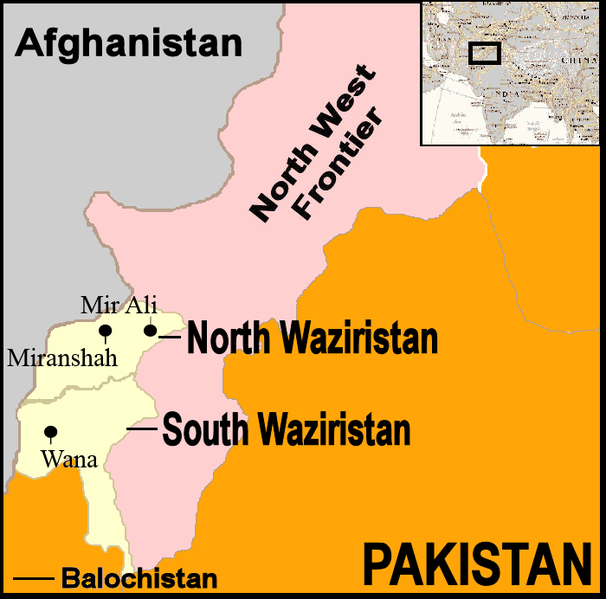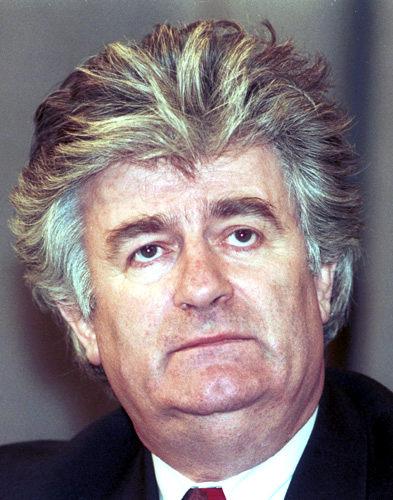International climate negotiations for a global climate treaty are not producing the required results in the given amount of time left before the Copenhagen conference in December, diminishing the hopes for a resolution at this conference.
Major polluters have already decided that the only way for a plan of this scale to take effect is to have steps towards the reduction of greenhouse gases instead of creating a plan which takes immediate affect and shuts down production facilities. Countries are likely to propose steps at the Copenhagen Meeting.
Yvo De Boer, a Dutch Diplomat, has been overseeing the proceedings so far. “There isn’t sufficient time to get the whole thing done. But I hope it will go well beyond simply a declaration of principles. The form I would like it to take is the groundwork for a ratifiable agreement next year,” commented Boer.
The 192 countries which make up the United Nations show the gaps in-between their ideas. Wealthier nations are planning to help poorer countries with enforcing climate laws and investing in newer technology. 16 of the largest polluters have already begun planning on aiding poorer countries.
Officials are attempting to narrow down issues which countries agree on, such as certain steps and the common goal to limit emissions. Negotiators plan to discuss how the treaty will be upheld at Copenhagen. Diplomats have raised the question of reliability, since most of the supporting countries have not enforced any binding climate legislation within their own countries. Until it is shown that all countries participating will uphold the treaty, nations are unwilling to enforce a treaty within their own country.
Although there are hopes of progress in Copenhagen, observes note that radical change is unlikely. “The most likely form any agreement will take will be a political declaration,” said Nigel Purvis, State Department climate negotiator during the Clinton Administration and Bush administration.







